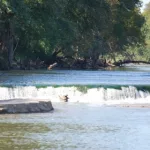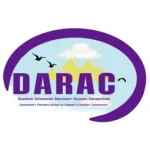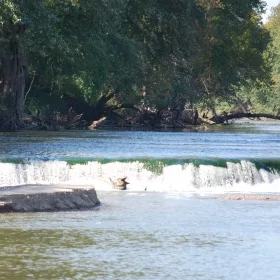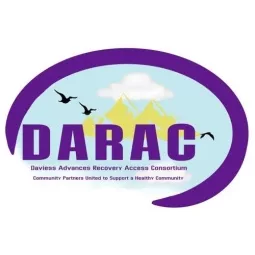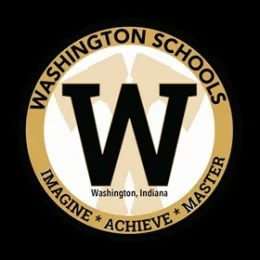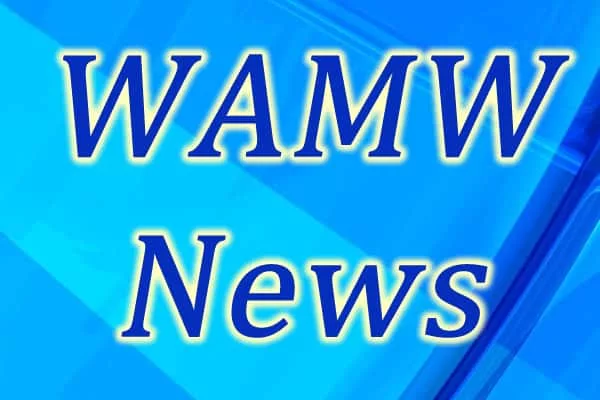
Thirty rural organizations across Indiana will receive funding to host arts and cultural events and programs connected to the 2024 solar eclipse, an event that will blanket parts of Indiana in total darkness on April 8.
With funding support from the Simons Foundation as part of its In the Path of Totality initiative, the Indiana University Center for Rural Engagement is leading IU’s rural solar eclipse initiative, providing staff support, resources and outreach for community activities that unite residents around the historic astronomical event. More than 80 organizations in communities with a population under 50,000 applied for $2,000 micro-grants, facilitated by Regional Opportunity Initiatives, to support the implementation of eclipse activities.
The path of totality of the April 8 solar eclipse will cover a segment of North America, including a large part of Indiana, in complete darkness for nearly 4 minutes as the moon shadows the sun. The next time Indiana falls in the path of totality of a solar eclipse will be 2099.
More than 1 million visitors are expected to flock to Indiana in the days leading up to April 8. Communities small and large could more than triple their population numbers during the event. To help local leaders and residents prepare, the Center for Rural Engagement published the 2024 Total Solar Eclipse Planning Toolkit. It features planning resources and safety information about viewing the eclipse, managing crowds and leveraging the eclipse to bolster community interest and capacity for arts and cultural events into the future.
While a solar eclipse is an event of scientific significance, such awe-inspiring moments have a profound impact on humanity and the sense of time, place and connection to each other and the universe. The Simons Foundation is supporting areas of the country that have fewer traditional science engagement opportunities than major metropolitan cities. Through partnerships with communities and organizations in the path of totality — such as science museums, arts organizations, cultural centers and local downtown districts — the Simons Foundation seeks to spark meaningful, lifelong relationships with science that extend beyond this eclipse.
Ideas submitted by rural Indiana communities were wide-ranging in their variety and creativity. For example:
The Knox County Association for Remarkable Citizens plans to host an eclipse-viewing experience emphasizing community inclusivity for people with and without disabilities that will include a picnic, disability-friendly LightSound devices and an eclipse viewing tent.
A detailed list of the awardees and their planned events is available on the Center for Rural Engagement website. Counties that received micro-grant support include Bartholomew, Boone, Crawford, Daviess, Dubois, Fayette, Gibson, Greene, Henry, Huntington, Knox, Martin, Montgomery, Morgan, Owen, Randolph, Ripley, Shelby, Spencer, Union, Washington and Wayne.
For more information about the rural solar eclipse initiative and other rural engagement opportunities, visit rural.indiana.edu or contact Hannah Jones at hanejone@iu.edu.





